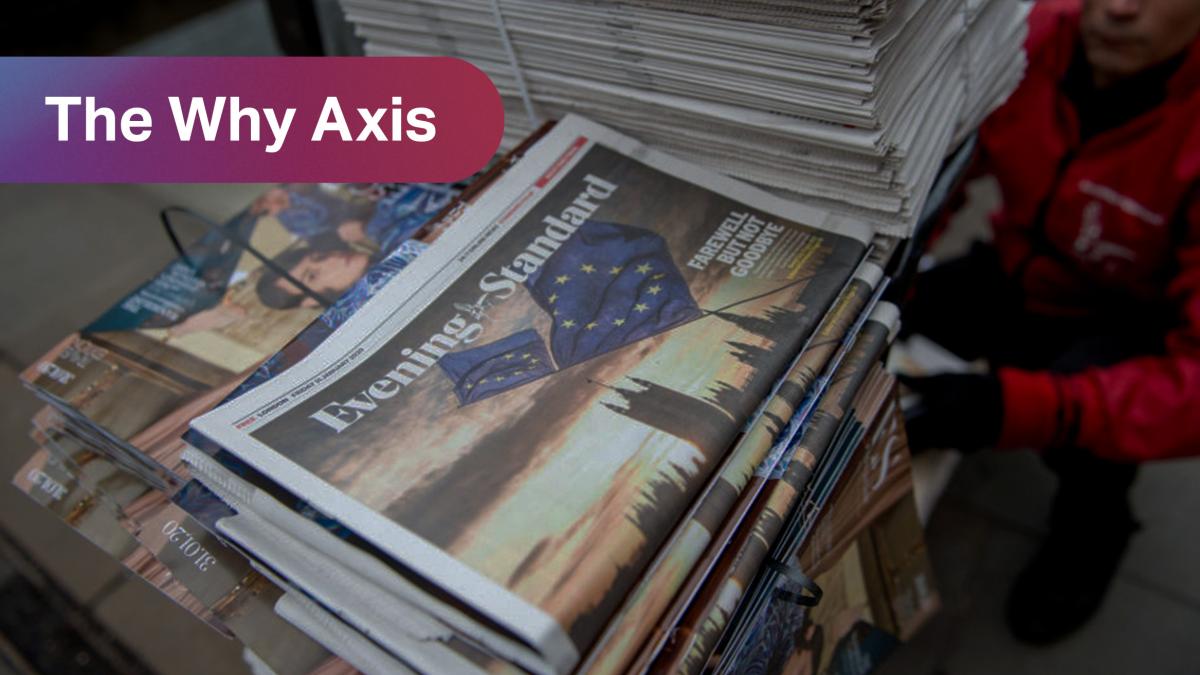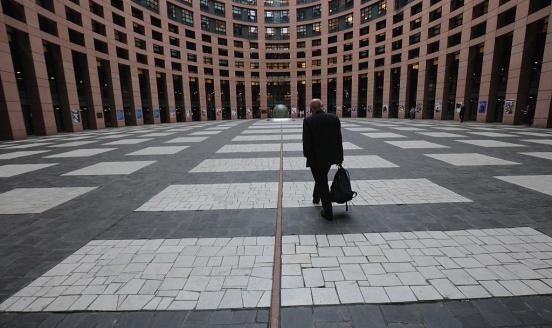Why should the EU take up the question of minimum income in its fight against poverty?

The European Union is more than a single market, it’s also a collaboration of values. The “four freedoms” of movement, labour, capital and services go hand in hand with a commitment to social rights and shared prosperity.
Minimum income schemes are one of the most effective ways to fight poverty and maximise the impact of welfare spending. When households can count on access to a basic level of funds, they can manage their own needs and reduce strain on emergency services like shelters, emergency rooms and food banks. However, access to minimum incomes is inconsistent and often bound up in red tape.
When families do manage to sign up, they may also struggle with benefits that are below the cost of living in their area, accompanied by barriers to supplementing that basic income with paid work. Social policies should make it easier for poor households to join the workforce, not penalise them by withdrawing safety nets too soon.
Financing a minimum standard of living does not have to break the bank. While dreams of a robot tax to fund universal basic income are strictly science fiction, there are ways to pay for social services in full respect of the EU’s fiscal rules. The EU can and should set common standards for household support while making sure member state resources support growth, productivity and sustainable public finances.
The Why Axis is a weekly newsletter distributed by Bruegel, bringing you the latest research on European economic policy.


